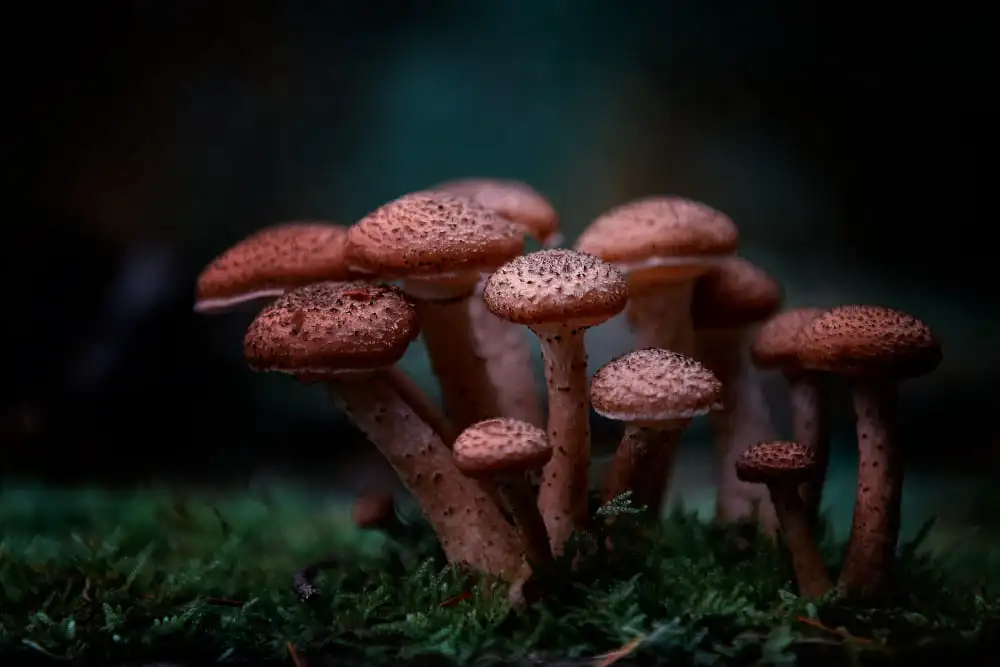For centuries, certain types of mushrooms have held a place of reverence and intrigue in various cultures. Often referred to as “magic mushrooms,” these fungi contain compounds like psilocybin, which is central to ongoing psilocybin research known for its mind-altering effects. While once stigmatized and largely illegal, recent years have seen a resurgence of interest in psychedelic substances, fueled by promising scientific research into psilocybin.
What is Psilocybin?
Psilocybin is a naturally occurring compound found in certain types of mushrooms. When ingested, it is metabolized into psilocin, the primary psychoactive compound responsible for the hallucinogenic effects. These effects can include altered perceptions, thoughts, and feelings, as well as a sense of connectedness with oneself and the world.
The History of Psilocybin Research
Interest in the potential therapeutic applications of psilocybin dates back to the mid-20th century. Researchers like Albert Hofmann, the chemist who synthesized LSD, also explored the effects of psilocybin. However, the counterculture movement of the 1960s led to widespread recreational use and subsequent government restrictions, effectively halting scientific inquiry for decades.
The Resurgence of Psilocybin Research
In recent years, a growing body of evidence has prompted renewed interest in psilocybin research. A number of factors have contributed to this shift, including:
- Decriminalization efforts: Several cities and states have decriminalized or legalized psilocybin, allowing for more open research and exploration.
- Promising preliminary studies: Initial studies have shown potential benefits of psilocybin in treating various mental health conditions.
- Increased public awareness: Growing public interest and acceptance of psychedelic substances have created a more supportive environment for research.
Potential Therapeutic Applications of Psilocybin
While research is still in its early stages, there is increasing evidence to suggest that psilocybin may have therapeutic potential for a range of conditions:
- Depression: Studies have indicated that a single, high-dose psilocybin session, combined with psychotherapy, can produce rapid and long-lasting reductions in depressive symptoms.
- Anxiety: Psilocybin has shown promise in treating anxiety associated with life-threatening illnesses, such as cancer.
- Addiction: Research suggests that psilocybin-assisted therapy may help individuals overcome addictions to substances like alcohol, tobacco, and cocaine.
- End-of-Life Anxiety: Studies have explored the use of psilocybin to alleviate anxiety and distress in patients with terminal illnesses.
It’s important to note that these findings are preliminary, and larger, controlled studies are needed to confirm the efficacy and safety of psilocybin-assisted therapy.
How Does Psilocybin Work?
The exact mechanisms by which psilocybin produces its effects are not fully understood, but researchers believe it involves interactions with serotonin receptors in the brain. Serotonin is a neurotransmitter implicated in mood, sleep, appetite, and other functions. By influencing serotonin systems, psilocybin may promote neuroplasticity, allowing the brain to reorganize itself and form new connections.
The Risks and Challenges
While the potential benefits of psilocybin are exciting, it’s essential to acknowledge the risks associated with its use. These include:
- Psychedelic experiences: Psilocybin can induce intense, sometimes overwhelming, experiences. This can be beneficial in a therapeutic setting but can also be challenging for individuals without proper support.
- Psychological distress: Some individuals may experience anxiety, paranoia, or panic attacks during a psilocybin experience.
- Legal status: Psilocybin remains illegal in many jurisdictions, and possession or use can result in legal consequences.
It’s crucial to approach psilocybin with caution and to seek guidance from qualified professionals if considering its use for therapeutic purposes.
The Future of Psilocybin Research
The field of psilocybin research is rapidly evolving, with new studies emerging regularly. As more research is conducted, we can expect a deeper understanding of the mechanisms of action, potential benefits, and risks associated with this compound. While there is still much to learn, the early findings are promising and suggest that psilocybin may have a significant role to play in the treatment of mental health conditions in the future.
It’s important to emphasize that the information provided in this article is for educational purposes only and does not constitute medical advice. Always consult with a healthcare professional before considering the use of psilocybin or any other substance.





